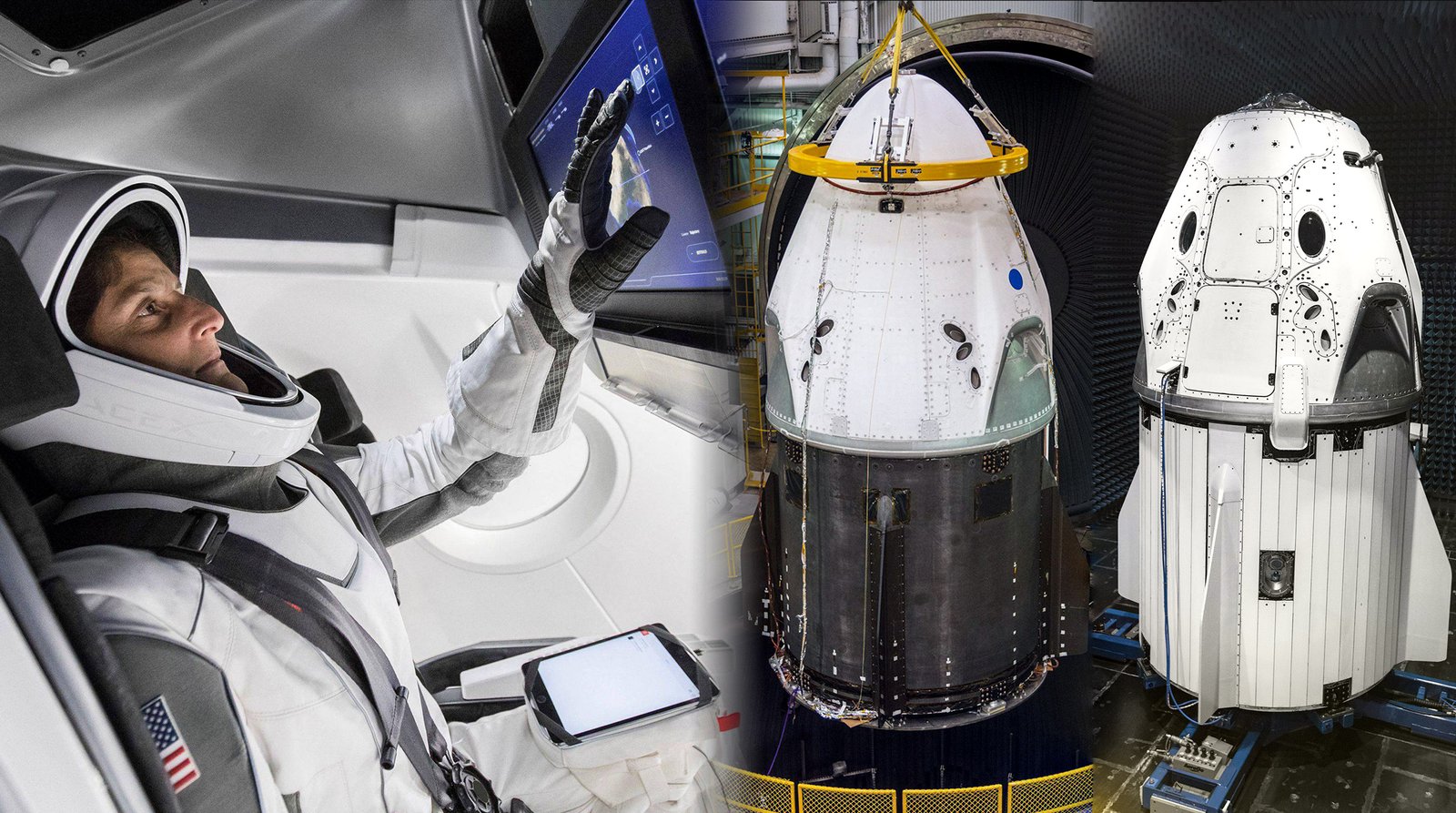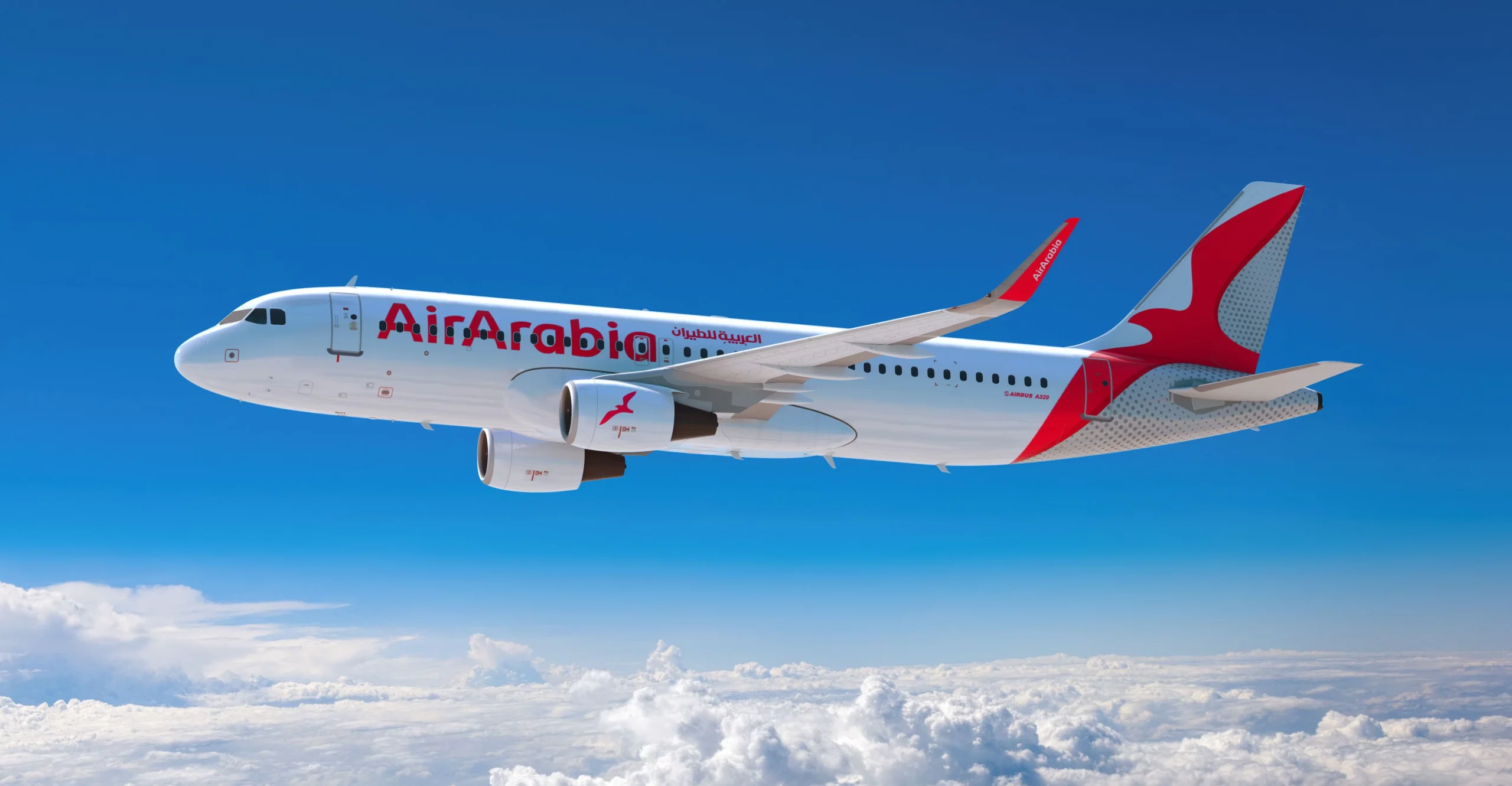Beyond Earth: Navigating the Cosmos with Space Travel
Introduction: In the vast expanse of the cosmos, humanity’s thirst for exploration knows no bounds. Spacecraft, the pinnacle of human ingenuity, have enabled us to transcend the confines of our home planet and venture into the depths of outer space. In this blog, we embark on a journey to explore the fascinating world of space travel, from the earliest rockets to the cutting-edge spacecraft that carry astronauts and probes to the farthest reaches of the universe.
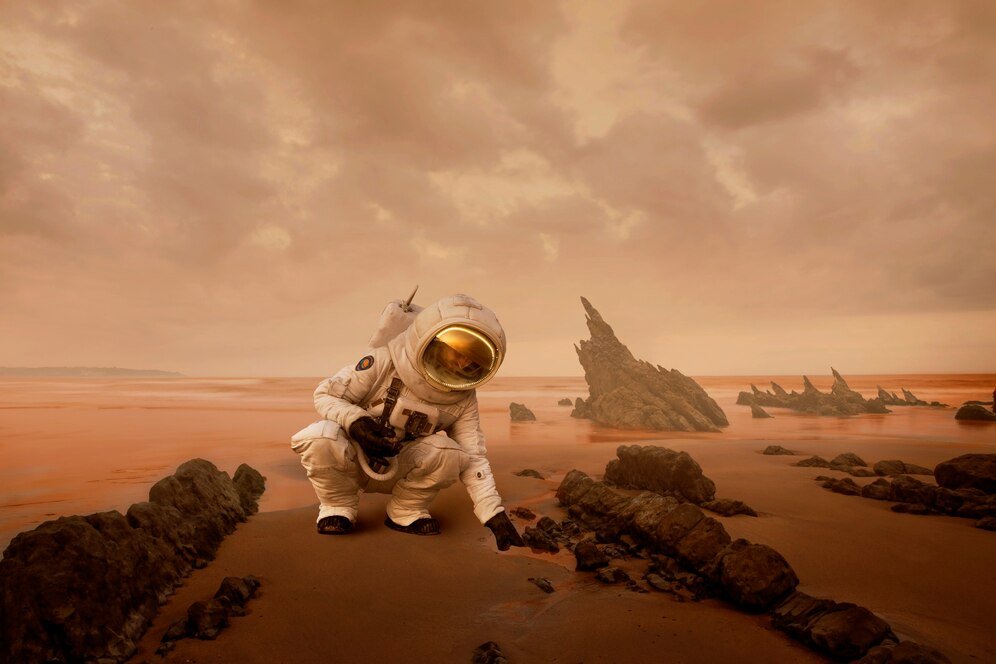
A Brief History: The dream of space travel has captured the imagination of visionaries and scientists for centuries, but it wasn’t until the 20th century that this dream began to take shape. The launch of Sputnik 1, the world’s first artificial satellite, by the Soviet Union in 1957 marked the dawn of the space age and ignited a fierce competition between superpowers to explore and conquer the cosmos. In the decades that followed, humanity achieved monumental milestones in space exploration, from the first human spaceflight by Yuri Gagarin in 1961 to the historic Apollo 11 mission that landed astronauts on the moon in 1969.
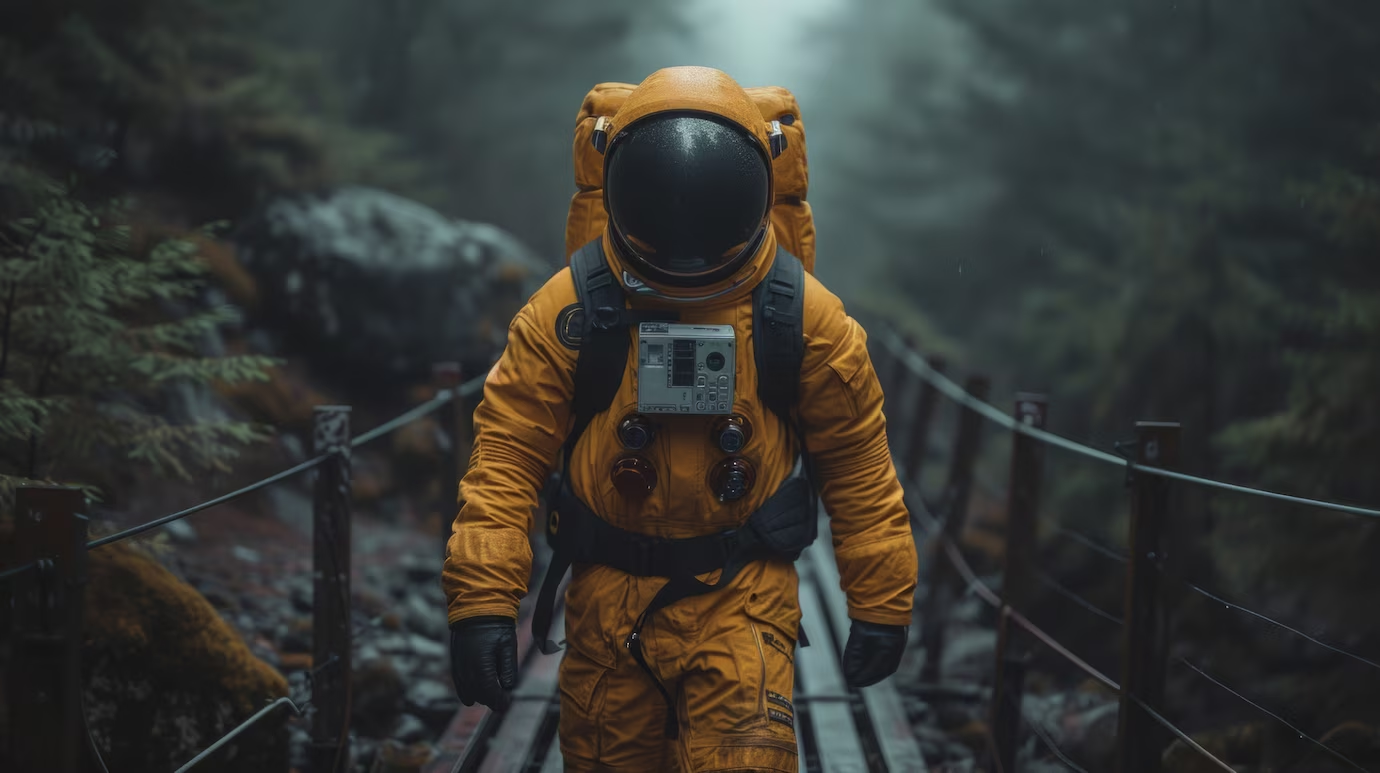
The Evolution of Spacecraft: Since those early days of space exploration, spacecraft have undergone remarkable evolution and advancement, propelled by breakthroughs in technology, engineering, and scientific understanding. Today, spacecraft come in a variety of shapes and sizes, each tailored to specific missions and objectives.
Human spaceflight remains one of the most awe-inspiring feats of engineering and bravery, with spacecraft like the Russian Soyuz and the American SpaceX Dragon carrying astronauts to and from the International Space Station (ISS). These spacecraft serve as lifelines for the crew aboard the ISS, ferrying supplies, equipment, and personnel to sustain life and conduct scientific research in the microgravity environment of space.
Unmanned probes and rovers have also revolutionized our understanding of the solar system and beyond, venturing to distant planets, moons, and asteroids to gather data and images that shed light on the mysteries of the universe. From the Voyager probes, which have ventured beyond the edge of the solar system, to the Mars rovers Curiosity and Perseverance, which are searching for signs of past or present life on the Red Planet, these robotic explorers have expanded the boundaries of human knowledge and inspired generations of scientists and dreamers.
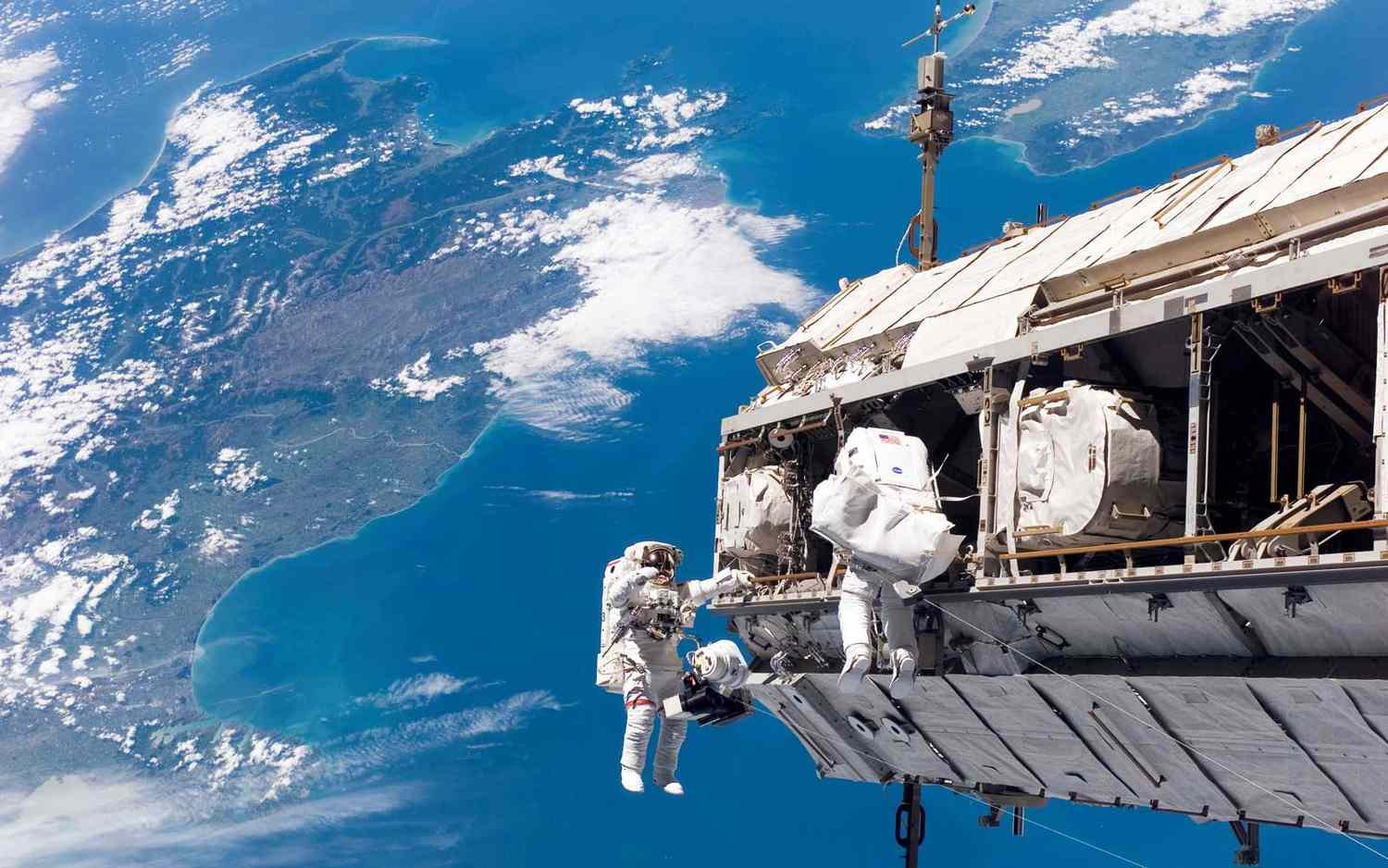
The Experience: While the experience of space travel may be limited to a select few astronauts and cosmonauts, the impact of their journeys resonates with people around the world, sparking wonder, curiosity, and a sense of awe. Through the eyes of these intrepid explorers, we catch a glimpse of the beauty and fragility of our home planet, as well as the boundless possibilities that await us beyond the stars.
For astronauts aboard spacecraft, the experience of space travel is both exhilarating and challenging. From the moment they strap into their seats and feel the rumble of the rocket engines beneath them to the weightlessness of microgravity and the breathtaking views of Earth and the cosmos, every moment is a testament to the triumph of human courage and ingenuity. Despite the risks and hardships of space travel, astronauts are driven by a sense of purpose and a desire to push the boundaries of what is possible, to explore new frontiers and unlock the secrets of the universe.
For those of us on Earth, the experience of space travel is no less profound, as we witness the wonders of the cosmos unfold before our eyes through the lens of television, the internet, and social media. From the nail-biting drama of rocket launches to the awe-inspiring images of distant planets and galaxies captured by space telescopes, the story of space travel is a testament to the indomitable spirit of human curiosity and exploration.
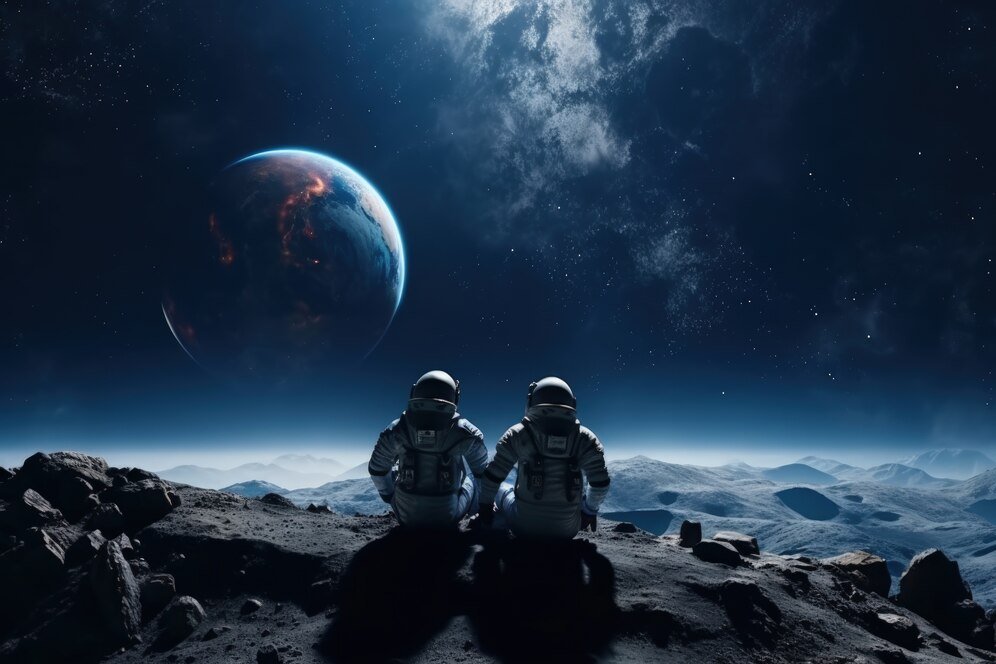
Challenges and Future Prospects: While space travel has achieved remarkable successes, it also faces numerous challenges and uncertainties as we look to the future. From the harsh conditions of space to the vast distances and logistical hurdles of interplanetary travel, the quest to explore and colonize the cosmos is fraught with technical, scientific, and ethical complexities.
However, despite these challenges, the future of space travel holds immense promise and potential. Advances in propulsion systems, materials science, and artificial intelligence are opening up new possibilities for faster, safer, and more sustainable space exploration. From missions to return humans to the moon and establish a permanent presence on Mars to ambitious plans to send spacecraft to explore the outer reaches of the solar system and beyond, humanity’s journey into the cosmos is just beginning.

Conclusion: Space travel represents the ultimate expression of humanity’s innate curiosity and spirit of adventure. From the earliest dreams of exploring the heavens to the modern-day missions that push the boundaries of what is possible, the story of space travel is a testament to the power of human ingenuity, courage, and determination. As we look to the stars and ponder the mysteries of the universe, let us continue to dream, explore, and reach for the stars, knowing that the journey into the unknown is the greatest adventure of all.
